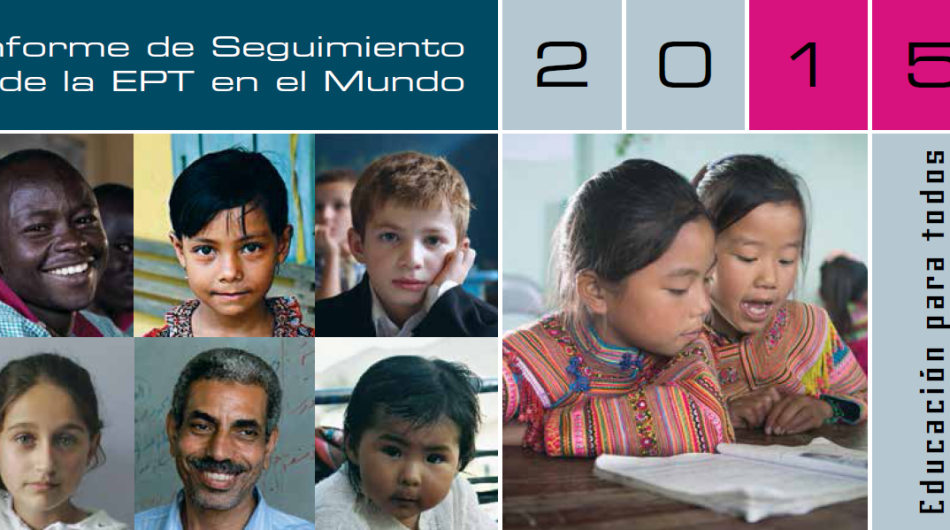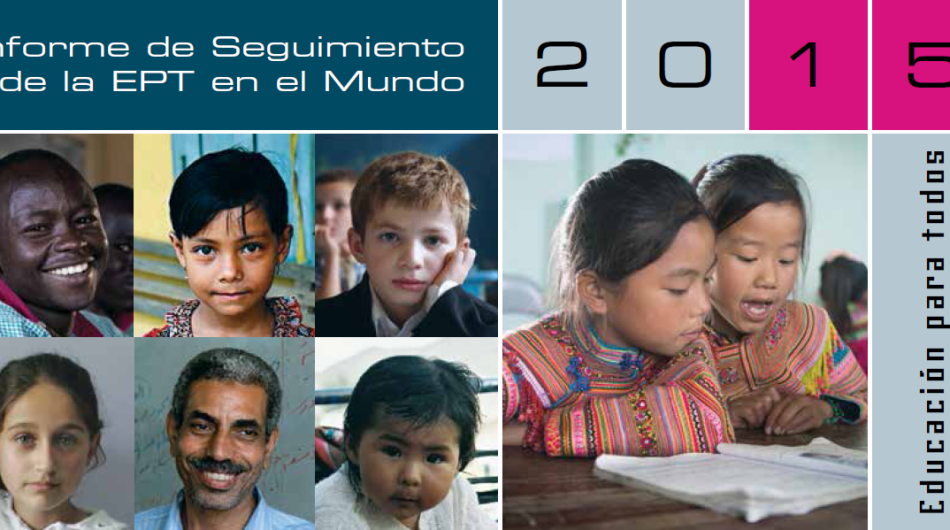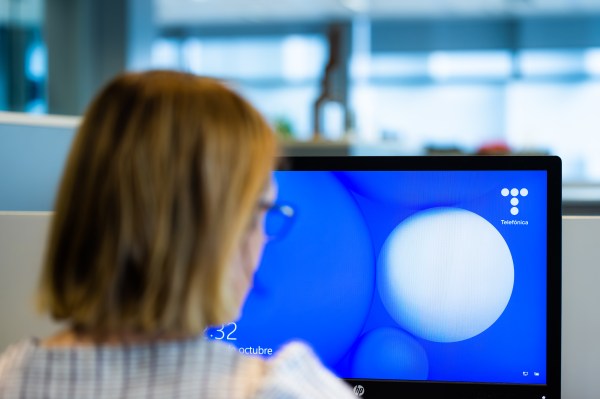Education is a fundamental right but… Do all societies really have universal access to school? In the world there are still 58 million children who have never been to school and another 100 million who do not complete primary education. Fifteen years after the launch of UNESCO’s “Education for All programme”the universal access to such a basic right as schooling during the first years of the life of a human being is still not a reality. This has been demonstrated by the new report submitted by the organisation, which evaluates the progress of the programme, whose deadline for the fulfilment of its objectives was 2015.
The results show that, although there has been significant progress, the goal has not been reached, since only one in three countries has achieved the objectives that UNESCO set in the year 2000. Among the positive data, we find that the number of children and adolescents who do not attend school has reduced by almost half since the beginning of the programme, and it is estimated that approximately 34 million children who did not have access to school before, now do have access.
One of the greatest achievements has been in the diversity of gender, especially in primary education. For example, in the Arab States, the number of girls attending school for every 100 boys has risen from 87 in 1999 to 95 in 2012; however, there is still a large gap in a third of countries.
At present, 52% of countries have achieved universal access to primary education, but of the remaining 48%, only 10% are close to achieving that, while 38% are still far or very far from this goal.
How many of these children will complete a course of primary education? UNESCO estimates that about one hundred million children will not be able to complete this school period, which equates to one in every six children in low and middle-income countries. This data shows that children from the most disadvantaged households are still those who are furthest away from attending primary school until the final year.
Furthermore, the data shows that schooling in secondary education increased by 27% worldwide, rising from 71% in 1999 to 85% in 2012, and in the second half of secondary education, it rose from 45% to 62 %. It is important to qualify this data, since there are significant differences between regions. For instance, Eastern Asia and the Pacific together have more than half of the reduction in the number of adolescents who do not attend school.
One of the main objectives which has not been reached is adult literacy, although it is forecast to drop to 14% in 2015 (in 1999 it was 24 %). The area of sub-Saharan Africa has the highest illiteracy rate at 41%, although the estimates are not precise due to the difficulty of assessing the progress of the region.
In view of the technological revolution, could ICT be the key to the drive for universal access to school?
The World Economic Forum’s New Vision for Education report shows the different ways in which ICT is being used in the field of education, with the aim of reducing costs and improving the quality of education worldwide.
Currently, technology enables creative solutions to be found for real-life situations, such as the lack of well-trained teachers, the supply of information and training at a lower cost and to a wider public, the generalisation of international good practice and the improvement of teaching and learning systems.
Telefónica Digital Education, with an international perspective, has managed direct intervention initiatives in this regard, which use the following as key drivers
- The implementation of technology and associated services in schools, training and community centres.
- Training of education professionals in order to guarantee their digital skills and contribute to improving educational quality.
- The sharing of success stories which are adaptable to any educational context.
- The design of a supervision methodology for implementation in educational centres, in order to integrate digital innovation projects in the Educational Project of the Centre.
All this evolutionary data has revealed that the Sustainable Development Goals (SDGs) represent an opportunity, as they can and must improve the international context for the development of education in order to support the implementation of the new agenda. In view of the technological revolution, could ICT be the key to the drive for universal access to school? What do you people think?
Do not forget that as the winner of the 2014 Nobel Peace Prize, Malala Yousafza said:
“One child, one teacher, one pen and one book can change the world”













